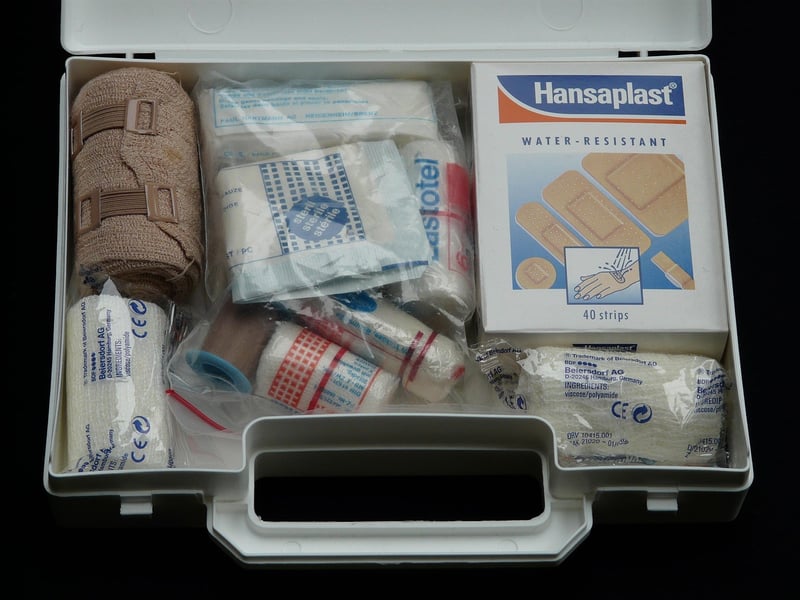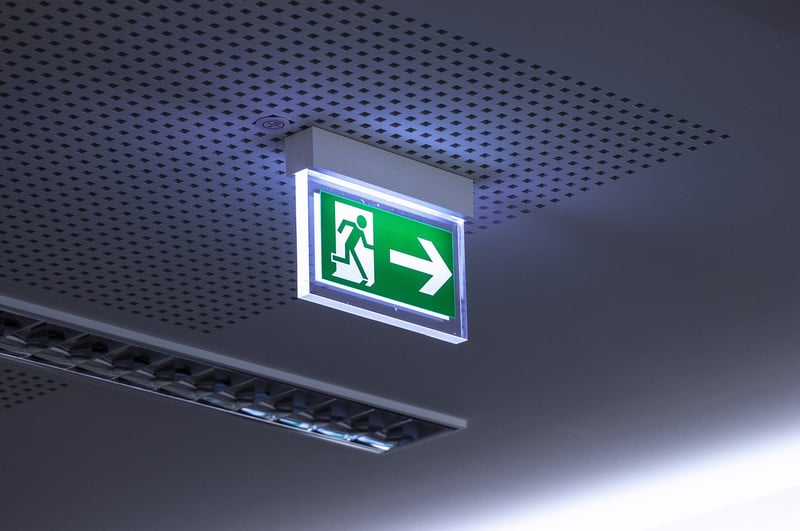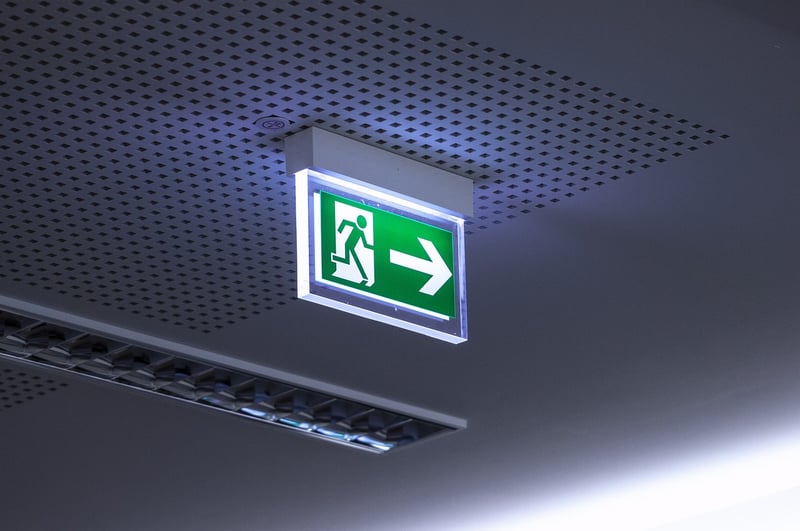Evacuation Procedures
Preparing for Unforeseen Events and Evacuation Procedures
Unforeseen events can strike at any moment, disrupting our daily routines and putting our safety at risk. It is crucial to be prepared and have a plan in place to handle emergencies effectively. One essential aspect of emergency preparedness is understanding evacuation procedures. Whether at home, work, or in public spaces, knowing how to evacuate safely can save lives. Read on to learn more about preparing for unforeseen events and evacuation procedures.
1. Stay Informed
Stay informed about potential risks in your area, such as natural disasters, fires, or other emergencies. Sign up for local alerts and notifications to receive timely information about any threats or hazards.
2. Create an Emergency Kit
Prepare an emergency kit that includes essential items like water, non-perishable food, first aid supplies, flashlights, batteries, and important documents. Keep your emergency kit in an easily accessible location.
3. Develop a Communication Plan
Establish a communication plan with your family members, colleagues, or roommates. Ensure everyone knows how to reach each other during an emergency and where to meet if separated.

4. Know Evacuation Routes
Familiarize yourself with evacuation routes in your home, workplace, or any public spaces you frequent. Be aware of multiple exits and alternative routes in case primary paths are blocked.
5. Follow Authorities' Instructions
During an emergency, follow instructions from emergency services and authorities. Stay calm, avoid panic, and assist others in evacuating safely if possible.
6. Practice Evacuation Drills
Regularly practice evacuation drills at home or work to ensure everyone knows what to do in case of an emergency. Review procedures for different scenarios and make adjustments as needed.

By taking proactive steps to prepare for unforeseen events and familiarizing yourself with evacuation procedures, you can enhance your safety and that of those around you. Remember, being informed and ready can make a significant difference when faced with emergencies.
Stay safe, stay prepared!
